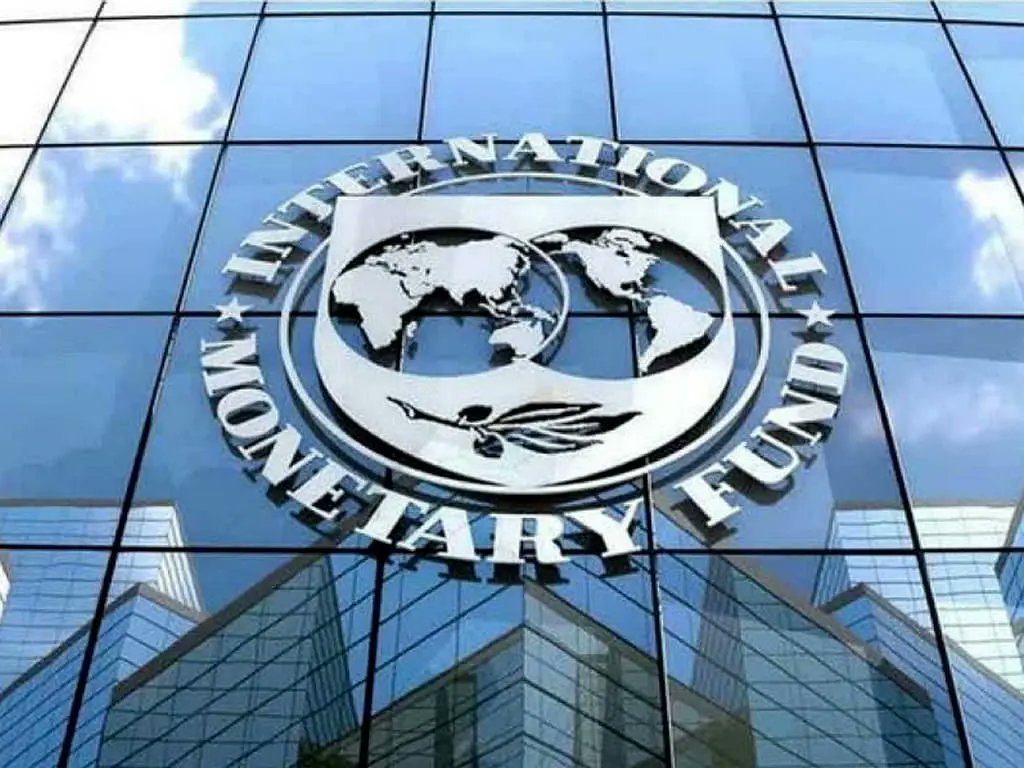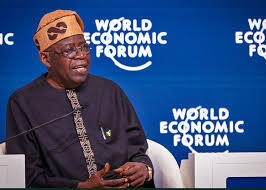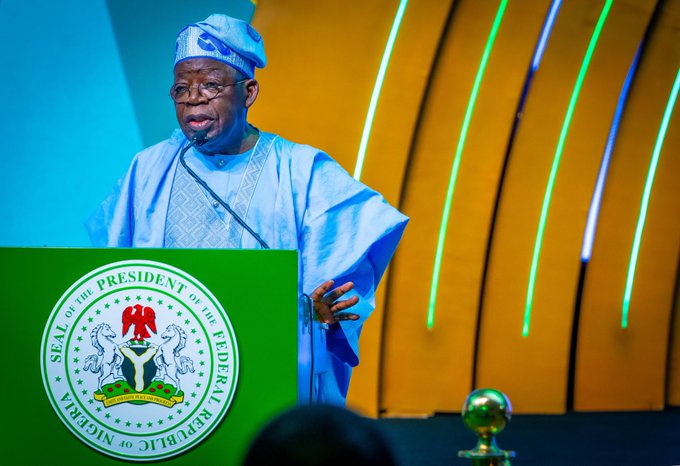Listeners:
Top listeners:
-
play_arrow
104.9FM Best rock music demo
-
play_arrow
Demo Radio Nr.1 For New Music And All The Hits!
-
play_arrow
Demo Radio Techno Top Music Radio
-
 play_arrow
play_arrow
Police Commissioner Launches Weapon and Riot Control Training for FCT Officers Democracy Radio
By Oluwakemi Kindness
The Tinubu Media Support Group (TMSG) has expressed concern over what it describes as the International Monetary Fund’s (IMF) underestimation of Nigeria’s economic capacity and potential.
Speaking in a statement issued on Wednesday in Abuja, and jointly signed by its Chairman, Emeka Nwankpa, and Secretary, Dapo Okubanjo, the group argued that the IMF’s revised economic outlook for Nigeria fails to capture the full impact of ongoing reforms under President Bola Tinubu’s administration.
The IMF’s latest projections, published in its Article IV consultation report, estimate Nigeria’s Gross Domestic Product (GDP) will grow by 3.4% in 2025—an upward revision from the previous forecasts of 3.2% in April 2024 and 3.0% in April 2025.

However, the TMSG said the IMF’s outlook does not reflect Nigeria’s true economic trajectory.
“We are not surprised that the IMF revised its forecast upward,” the group said. “The economic reforms introduced by President Tinubu’s administration are gradually yielding results, as demonstrated by the 3.84% GDP growth recorded in the fourth quarter of 2024—the fastest pace since 2021—contradicting the IMF’s earlier forecast of 3.2% for that year.”
The group also criticized the IMF’s reliance on oil price trends in its modelling, arguing it fails to account for Nigeria’s efforts to diversify its economy.
Referencing comments by Professor Ken Ife, lead economist at ECOWAS, the group reiterated concerns that the IMF’s projections do not reflect the complexities of Nigeria’s economic structure. Prof. Ife has previously accused the Fund of lacking a nuanced understanding of Nigeria’s reform dynamics.
TMSG also urged the IMF to revise its 2026 forecast, which currently projects 3.0% growth. They cited the IMF’s own recent praise for the administration’s new tax reforms, set to come into force in January 2026, as a positive sign for future performance.
Reaffirming its optimism, the group endorsed projections by the Independent Media and Policy Initiative (IMPI), which anticipates annual growth rates of up to 5%, driven by ongoing macroeconomic reforms and improved stability.
Written by: Democracy Radio
#DemocracyRadio #IMF #IMPI #TMSG
Similar posts
Copyright Democracy Radio -2024



